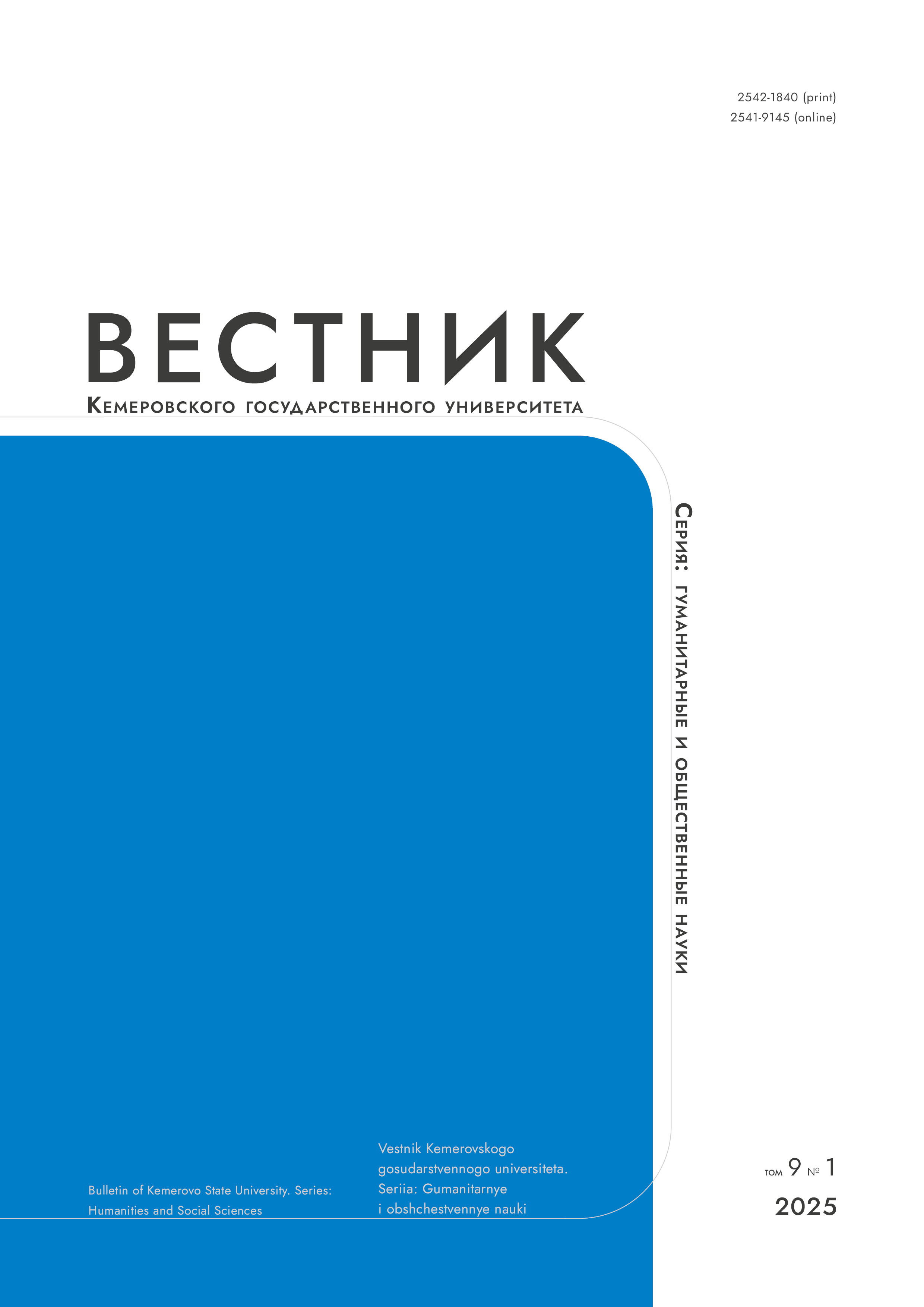Kemerovo, Russian Federation
The article describes the institution of confession under torture in the criminal proceedings of traditional China. The research featured legislative documents, also official and unofficial manuals for judges with torture rules and practice analysis. Tang lü shu yi, or Criminal Regulations of the Tan with Explanations, was a criminal code of the Tang dynasty which dated back to 653 AD. Its standards of extreme interrogation were applied without fundamental changes until the collapse of the Qing Empire in 1912. The author refutes the popular opinion that the method of enhanced interrogation prevailed in the system of evidence in criminal cases in imperial China. In fact, confession under torture was never the regina probationum of the Chinese criminal law. Torture was a legal means of obtaining a confession, but it was always considered a last resort. Moreover, extreme interrogation was undesirable from the standpoint of Confucian ideas about humanity and generosity. Chinese criminal proceedings have similar features to the inquisition proceedings might have had a lot in common with Spanish inquisitional processes, although it cannot be considered as such, since preference has always been given to voluntary confession, and the sentence could be passed without confession, based only on the testimony of witnesses and a set of other evidence. Violation of torture rules always caused severe criminal penalties; however, their abuse was a common practice in imperial Chinese courts.
mperial China, criminal trial, confession under torture, code of the Tang dynasty, manuals for judges, torture rules
1. Sanft C. Notes on penal ritual and subjective truth under the Qin. Asia Major, 2008, 21(2): 35-57.
2. Zhang Z. Civil laws and civil justice in early China. Dr. Philos. in Hist. Sci. Diss. Berkeley, 2010, 161.
3. Johnson W. Group criminal liability in the T'ang Code. State and law in East Asia: Festschrift Karl Bünger. Wiesbaden: Harrassowitz, 1981, 145-158.
4. Chrestomathy on the history of state and law of foreign countries. Vol. 1: The Ancient World and the Middle Ages, comps. Lysenko O. L., Trikoz E. N., ed. Krasheninnikova N. A. Moscow: Norma; INFRA-M, 2022, 816. (In Russ.)
5. Ren X. Tradition of the law and law of the tradition: law, state, and social control in China. Westport-London: Praeger (Greenwood Press), 1997, 198.
6. Johnson W., Twitchett D. C. Criminal procedure in T'ang China. Asia Major, 1993, 6(2): 113-146.
7. Danshin A. V. Forensic medical expertise in traditional China: legal regulation and practice. Vestnik Kemerovskogo gosudarstvennogo universiteta. Seriia: Gumanitarnye i obshchestvennye nauki, 2021, 5(4): 348-357. (In Russ.) https://doi.org/10.21603/2542-1840-2021-5-4-348-357
8. Rybakov V. M. The T'ang bureaucracy. Pt. 2: Legal self-regulation. St. Petersburg: St. Petersburg Centre for Oriental Studies Publishers, 2013, vol 1, 496. (In Russ.) EDN: https://elibrary.ru/VOOSIT
9. Kychanov E. I. Fundamentals of Medieval Chinese Law (VII-XIII centuries). Moscow: Nauka, 1986, 264. (In Russ.)
10. Bodde D., Morris C. Law in Imperial China: exemplified by 190 Ch'ing Dynasty cases (translated from the Hsing-an hui-lan), with historical, social, and juridical commentaries. Cambridge: Harvard University Press, 1967, 615. https://doi.org/10.4159/harvard.9780674733213
11. Rybakov V. M. The T'ang bureaucracy. Pt. 3: Men of the robe and men of the sword. St. Petersburg: St. Petersburg Centre for Oriental Studies Publishers, 2021, 496. (In Russ.)
12. Bichurin N. Ya. China in a civil and moral state. Moscow: Vostochnyi Dom, 2002, 432. (In Russ.)
13. Wu W., Vander Beken T. The evolution of criminal interrogation rules in China. International Journal of Law Crime and Justice, 2012, 40(4): 271-295. https://doi.org/10.1016/j.ijlcj.2011.09.007
14. Karasawa Y. From oral testimony to written records in Qing legal cases. Thinking with cases: specialist knowledge in Chinese cultural history, eds. Furth C., Zeitlin J. T., Hsiung P.-C. Honolulu: University of Hawaii Press, 2007, 101-122. https://doi.org/10.1515/9780824865184-006
15. Miyazaki I. The Administration of justice during the Sung dynasty. Essays on China's legal tradition, eds. Cohen J. A., Edwards R. R., Chen F. C. Princeton: Princeton University Press, 1980, 56-75. https://doi.org/10.1515/9781400885831-003
16. Danshin A. V. "Guidelines for judges" in imperial China: finding a compromise between theory and practice of legal proceedings. Theory and Practice of Social Development, 2019, (9): 54-59. (In Russ.) https://doi.org/10.24158/tipor.2019.9.9
17. Danshin A. V. A unified state examination within a recruiting system for state service in traditional China. Pravo i obrazovanie, 2012, (10): 113-125. (In Russ.) EDN: https://elibrary.ru/PCTZIP
18. Danshin A. V. State examinations in the personnel policy system of traditional China. Obrazovanie i obshchestvo, 2012, (5): 101-106. (In Russ.) EDN: https://elibrary.ru/OHRIGV
19. Park N. Unofficial perspectives on torture in Ming and Qing China. Late Imperial China, 2016, 37(1): 17-54. https://doi.org/10.1353/late.2016.0006
20. Hawes C. Reinterpreting law in the Song: Zheng Ke's commentary to the "Magic Mirror for Deciding Cases". Journal of Asian Legal History, 2001, 1: 23-68.
21. Delporte D. Handbooks and local jurisdiction in Ming China. According to the sections on judicial matters in the "Shihcheng lu" by Lü K'un, a handbook for magistrates. Crime, Histoire & Sociétés, 2002, 6(2): 29-49. https://doi.org/10.4000/chs.412
22. Giles H. A. The "Hsi Yuan Lu" or "Instructions to Coroners". Proceedings of the Royal Society of Medicine, 1924, 17(Sect Hist Med): 59-107.
23. Guo Z. Torture and exclusion of evidence in China. China Perspectives, 2019, (1): 45-53. https://doi.org/10.4000/chinaperspectives.8742
24. Zuo W., Lan R. Exclusionary rule of illegal evidence in China: observation from historical and empirical perspectives. Do exclusionary rules ensure a fair trial? A comparative perspective on law and justice, eds. Gless S., Richrer T. Cham: Springer, 2019, vol. 74, 307-328. https://doi.org/10.1007/978-3-030-12520-2_10
25. Troshchinskiy P. V. Legal system of China. Moscow: IFES RAS, 2016, 472. (In Russ.) EDN: https://elibrary.ru/IHILTL


















